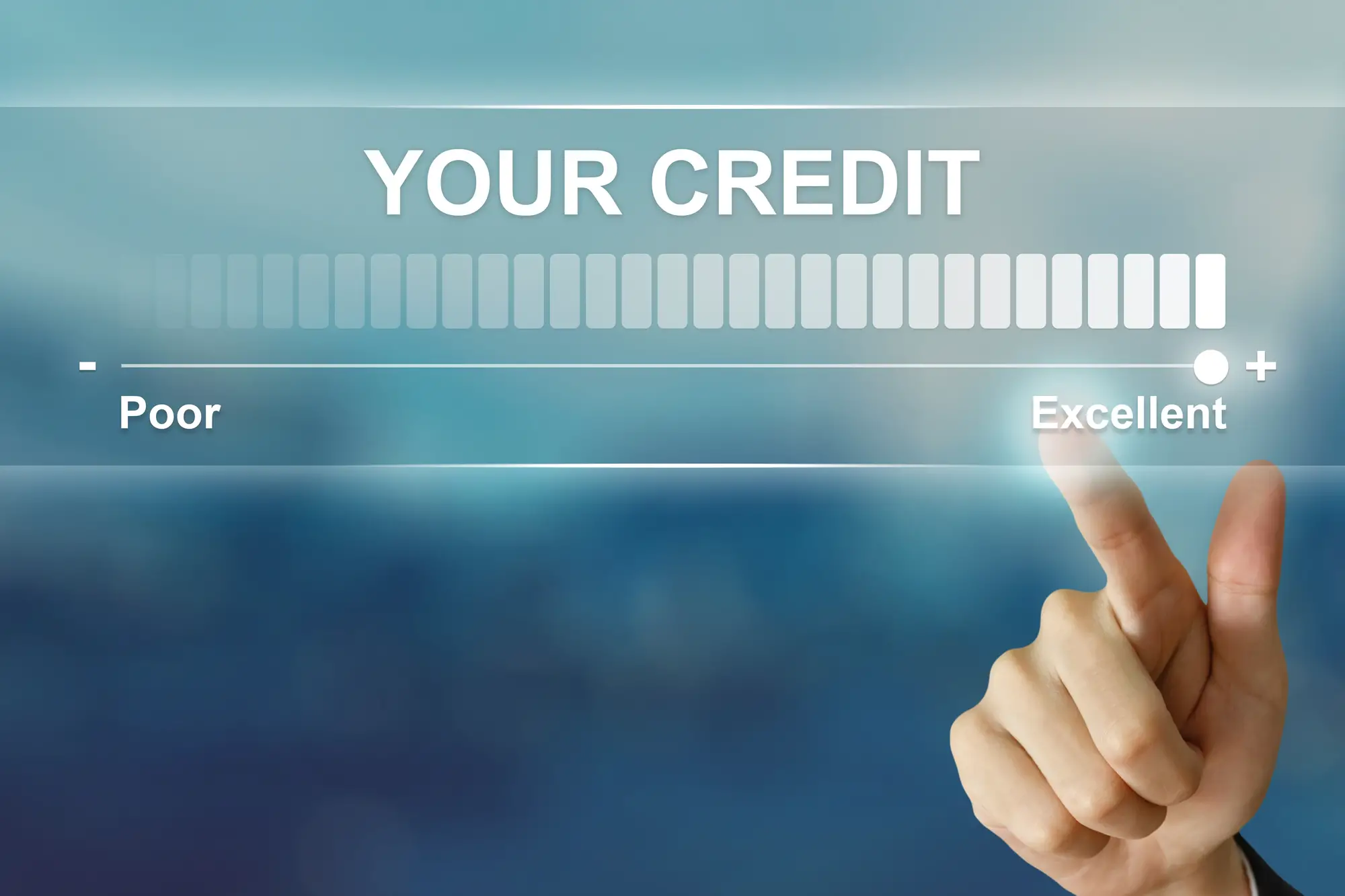The Fair Credit Reporting Act (FCRA) gives consumers various rights when it comes to the accuracy of their credit reports. But those protections don’t mean anything if you don’t know what your credit report says.
Several credit reporting agencies in the U.S. manage that information. Let’s look at the three major credit bureaus and exactly what they do.
What Are Credit Reporting Agencies?
Credit reporting agencies, also known as consumer reporting agencies or credit bureaus, collect information about your financial and credit history. Companies and services that you deal with report certain information to these agencies so they can build a report showing your creditworthiness.
This information includes details about financial loans, revolving credit, your job, mortgages, and other financial data.
What Do These Agencies Do?
Credit bureaus use the information they gather about you to generate a credit score that indicates how much of a risk you are when borrowing money or setting up any other kind of credit. They provide this information to banks, car dealers, credit card companies, and various other organizations that want a picture of your financial history.
The higher your score, the less risk those lenders have when advancing you credit. Depending on the lender, a score that’s too low could disqualify you from getting approved.
The 3 Major Credit Bureaus
There are three major credit reporting agencies in the United States:
- TransUnion
- Equifax
- Experian
Credit reporting has been around for over a century. Originally, communities had local credit agencies but over the years, they consolidated into three regional agencies. All three serve the entire country now.
1. TransUnion
TransUnion was formed in 1968 and soon after, it acquired the Credit Bureau of Cook County. In the years since, it expanded to serve the Central U.S. at first, then eventually the entire country.
In addition to standard credit reporting services, TransUnion also offers an identity theft protection service to help protect consumers against identity fraud.
2. Equifax
Equifax was founded over a century ago, in 1899, as the Retail Credit Company. It expanded quickly and had offices throughout the U.S. and Canada by 1920.
After computerizing its records in the 1970s, it changed its name to Equifax. Through expansion and acquisitions over the years since it grew into one of the three largest credit bureaus.
3. Experian
Experian started in 1968 as TRW Information Systems and Services. TRW sold the credit reporting unit in 1996, at which point the name changed to Experian.
In addition to its credit reporting services, Experian also provides analytics and marketing services to businesses.
What’s the Difference Between the Three Agencies?
Each of the three credit reporting agencies maintains a separate reporting and scoring system. Some vendors may not report to all three of the agencies so the information on your credit report could vary from one to another.
They each have their own way of calculating your credit score as well so, between different formulas and different information, your score can vary quite a bit.
The agencies also offer different services beyond credit reporting. TransUnion and Equifax both offer identity theft protection services, for example.
These services monitor the internet and other sources for potential fraud. If they pick up anything that looks suspicious, they’ll alert you and freeze your credit to limit the chances of someone fraudulently getting credit or opening accounts in your name.
How to Get a Copy of Your Credit Reports
One of the requirements in the FCRA is that each of the credit bureaus must provide consumers with a free copy of their credit report annually. All three bureaus offer paid services that provide regular updates but you don’t have to pay them to get a copy of your report.
It’s a good idea to request a free copy of your credit reports so you can review them for any errors. This will also give you an idea of what your credit score looks like if you’re planning to apply for a mortgage, buy a car, or get another type of credit.
How to Fix Errors on Your Reports
When you review your credit report, look for errors such as:
- A wrong name, address, or phone number
- Accounts that don’t belong to you
- Incorrect account status (eg. closed accounts still showing as open)
- Accounts showing a delinquent status that are up to date
- Incorrect balances
If you find mistakes in your report, you can contact the credit bureau that has the wrong information and ask them to correct it. They’re bound by law to fix any errors on the report so they will research it from their end and if it is wrong, correct it.
The agencies all have instructions for having errors fixed on their websites. If you find problems with your report, visit the agency’s site to get more details about the process.
In most cases, you’ll have to mail them the details. They don’t normally accept corrections electronically. This is partly because it makes it more difficult for people to submit minor issues but it also makes it harder for someone to submit a fraudulent correction.
The credit bureaus deal with a lot of sensitive financial information and they have a great deal of power when it comes to your credit so they need to be extra careful that they don’t make any mistakes.
Repairing Bad Credit
If you want to boost your credit after seeing your report, you may want to consider working with a credit repair service. They can help you clean up any mistakes on the report but they can also help remove things like late payments and bankruptcy filings.
Removing those black marks from your report is one of the quickest ways to increase your credit score. It can take as little as a month or two to see results and it takes a lot less time and effort than trying to do it yourself.
Where to Get Help Repairing Your Credit
If you’ve requested your reports from the credit reporting agencies and aren’t happy with what you see, Pinnacle Credit Repair can help. We’ll get the job done faster and more effectively than other credit repair services.




1 thought on “What Are the Major Credit Reporting Agencies and What Do They Do?”